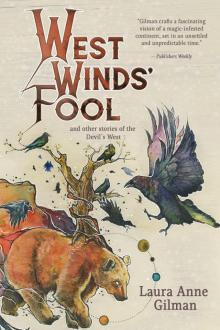 West Winds' Fool and Other Stories of the Devil's West
West Winds' Fool and Other Stories of the Devil's West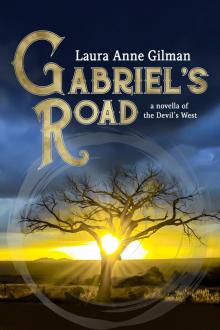 Gabriel's Road
Gabriel's Road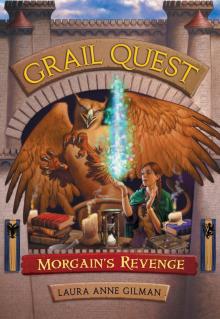 Morgain's Revenge
Morgain's Revenge The Shattered Vine
The Shattered Vine Laura Anne Gilman - Tales of the Cosa Nostradamus
Laura Anne Gilman - Tales of the Cosa Nostradamus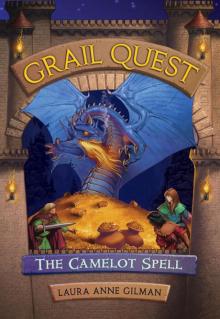 The Camelot Spell
The Camelot Spell VISITORS
VISITORS Staying Dead
Staying Dead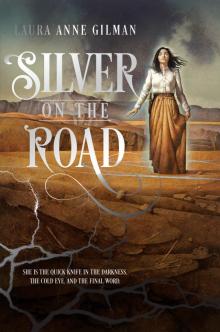 Silver on the Road
Silver on the Road Weight of Stone
Weight of Stone Promises to Keep
Promises to Keep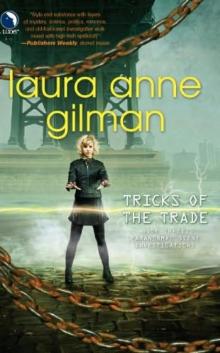 Tricks of the Trade psi-3
Tricks of the Trade psi-3 Blood from Stone
Blood from Stone Soul of Fire tp-2
Soul of Fire tp-2![Pack of Lies [2] Read online](http://i1.bookreadfree.com/i1/04/01/pack_of_lies_2_preview.jpg) Pack of Lies [2]
Pack of Lies [2] Burning Bridges
Burning Bridges The Work of Hunters
The Work of Hunters Miles to Go
Miles to Go Pack of Lies psi-2
Pack of Lies psi-2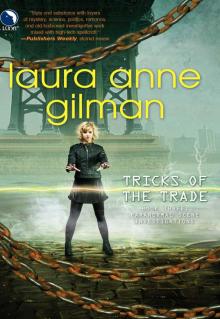 Tricks of the Trade
Tricks of the Trade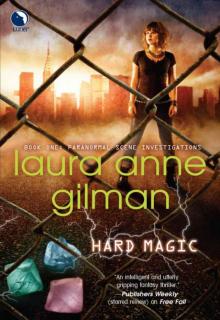 Hard Magic
Hard Magic Bring It On
Bring It On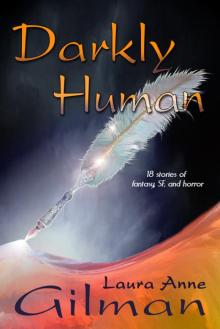 Darkly Human
Darkly Human The Cold Eye
The Cold Eye An Interrupted Cry
An Interrupted Cry Soul of Fire
Soul of Fire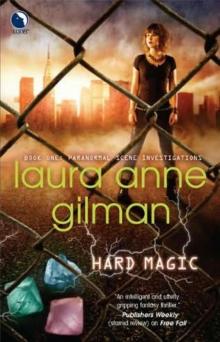 Hard Magic psi-1
Hard Magic psi-1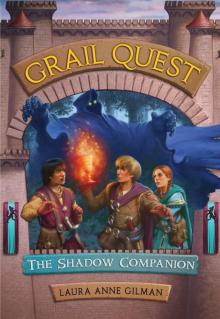 The Shadow Companion
The Shadow Companion Flesh and Fire
Flesh and Fire